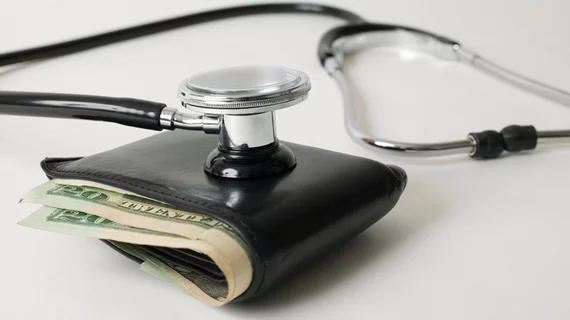ACO savings are clear, but participation drops
Accountable care organizations are increasingly saving Medicare more money, but after the Trump administration made significant changes to the Medicare Shared Savings Program, fewer of these organizations are participating, according to data from the National Association of Accountable Care Organizations (NAACOS).
In 2018, the Next Gen ACOs, which are scheduled to sunset at the end of 2020, collectively saved Medicare $406 million in 2019, public data revealed. After shared savings for quality targets and losses back to the government, the program netted $185 million to Medicare in 2019. The Next Gen ACOs also averaged a quality score of 93% across the 50 ACOs participating. Another January 2020 evaluation report found 18 Next Gen ACOs saved Medicare only $62 million in 2016 after shared savings payments, down significantly from other estimates and 2018 savings.
With the program set to expire soon, NAACOS, along with other groups, have recommended extensions to continue participation and increase Medicare savings.
“The Next Gen program has been very successful, focusing on the CMS Innovation Center’s goals of lowering spending and improving quality,” Clif Gaus, Sc.D., president and CEO of NAACOS, said in the report. “CMS should recognize the contributions of these ACOs and this program and continue it as an alternative payment model for years to come."
HHS made several changes to the MSSP in late 2018, requiring ACOs to take on financial downside risk sooner––after just two years, compared to six years in the previous requirements.
ACO enrollment dropped since the changes went into place. In 2020, 517 ACOs are enrolled to participate, a drop from the 561 in 2019. Only 35 ACOs are entering their first contract with CMS, as well. That’s compared to an average of 107 new ACOs annually between 2012 and 2018. However, more patients than ever are being care of under ACOs––11.2 million Medicare beneficiaries. In addition, early 200 ACOs are taking on downside financial risk.
“ACOs have had the greatest success of any of Medicare’s payment reform efforts,” Gaus said. “If interest in ACOs dwindles, then doctors and hospitals will fall back into a fragmented, fee-for-service system, and any momentum to transform our health system will be lost.”
The dropping participation rate could prove to be harmful for the MSSP in the future, according to NAACOS, which urged Congress to look at the program to avoid more damage.
“NAACOS feared that changes CMS made under Pathways would throw off the careful balance of risk and reward for too many ACOs. Sadly, those fears may be coming true,” Gaus said. “To date, there have been few attractive alternative payment models besides ACOs, so harming participation in the Medicare Shared Savings Program hurts Medicare’s priority of changing how it pays for care.”

